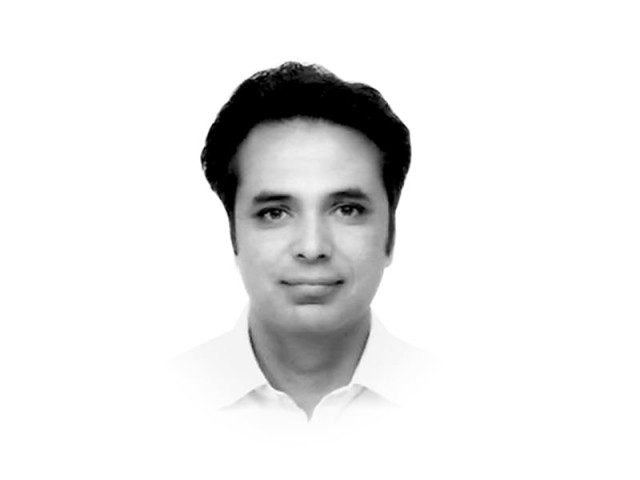Courting trouble
The Court’s influence has become too massive which, if not hemmed in, could cause the democracy to collapse.

The detailed judgment last month that practically declared the Nawab Aslam Raisani government constitutionally unviable, has unleashed a storm of problems. The federal government has completely ignored the Court’s order to exercise “all constitutional options” (read: governor’s rule) to fill the vacuum created by the Court’s stunning verdict about the Raisani government. The president and the prime minister of Pakistan have both whole-heartedly endorsed an admittedly dysfunctional but politically alive and democratically mandated set-up in Balochistan. Premier Raja Pervaiz Ashraf’s visit to Gwadar last week has sent the message out to the Court that the man is going to remain chief minister come what may. Mr Raisani himself has not done a bad job of seeking complete support from his provincial allies. Governor Zulfikar Magsi has also thrown his weight behind the beleaguered chief minister and refused to either impose emergency or pave the way for a new leader of the house. The civil administration has gotten back to its normal work. It is taking orders from the provincial cabinet and carrying out the directives of the chief minister in letter and in spirit. The Balochistan government is intact and working, whereas, according to the Court’s order, it should have been long gone and a new arrangement should have come up by now.
Would the Supreme Court now turn its judicial push into a shove and insist that its verdict about the fate of the Balochistan government be considered final? If they do that, then the same set of judges who have been hailed as saviours of Balochistan might be cast as its tormentors, defied and decried by blue-blooded Baloch politicians. But if they relent and find a middle path, serious concerns would be raised about the sagacity of their earlier verdict, opening them to the accusation of making this sensitive province a media plaything. Even if the Court holds firm and out-of-assembly opponents of the Raisani government start a street campaign in its favour, this will be a recipe for more turmoil in an already sad, divided and bloodied part of Pakistan.
The other claim to fame of the Supreme Court — nailing down an almighty establishment — has also lately come under severe strain. It has landed the judges in a somewhat awkward situation where the usual political corners that used to support them on a myriad of concerns seem to be backing off. This became evident in the judiciary’s critical spat with the generals. There is hardly any doubt that last week, there was a serious war of words between General Ashfaq Parvez Kayani and Chief Justice Iftikhar Chaudhry. Just as doubtless is the fact that the press release from the ISPR aimed part of its message about national interest being a reflection of multi-institutional consensus at the Court. The chief justice’s response was swift. While his meeting with a group of senior civil servants was planned well in advance and took place earlier in the day, the released text of the meeting was suitably adjusted to take care of the message from the GHQ. What is doubtful is whether the chief justice came out as a sure-shot moral winner from this bout. Most political parties chose to use General Kayani’s press statement as a timely reminder for course correction. Even the PML-N issued a measured response distancing itself from the Supreme Court’s repeated claims that only the judges can be the final arbiter in all national matters. This is unusual in times where offering support to the judiciary on all causes as well as kicking the establishment in the face for the smallest of reasons has become routine. Perhaps, even most pro-Supreme Court interests in the system have started to realise that the Court’s influence has become too massive which, if not hemmed in, could cause this carefully-mounted system of democracy to collapse before the coming elections.
Correction: The article earlier incorrectly stated "Qadir Magsi" as the governor instead of "Zulfikar Magsi". The error is regretted.
Published in The Express Tribune, November 13th, 2012.














COMMENTS
Comments are moderated and generally will be posted if they are on-topic and not abusive.
For more information, please see our Comments FAQ